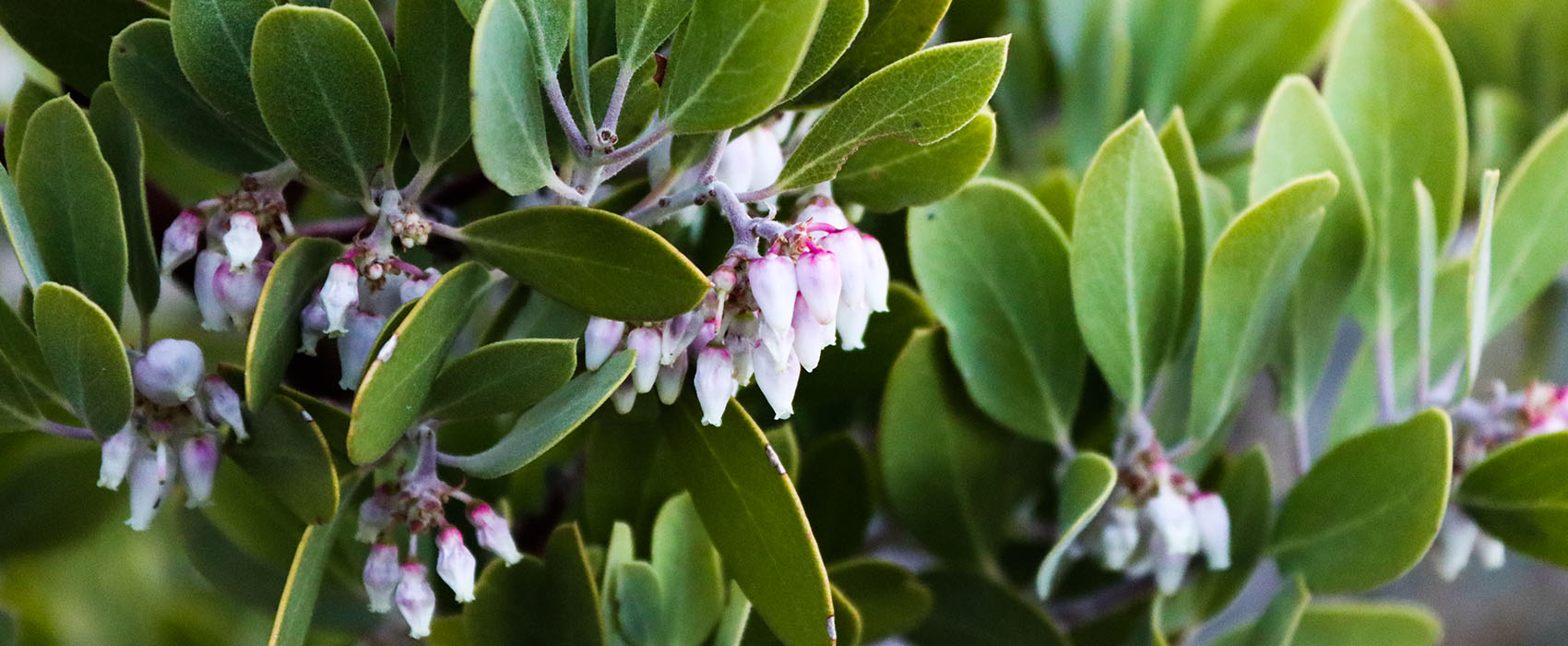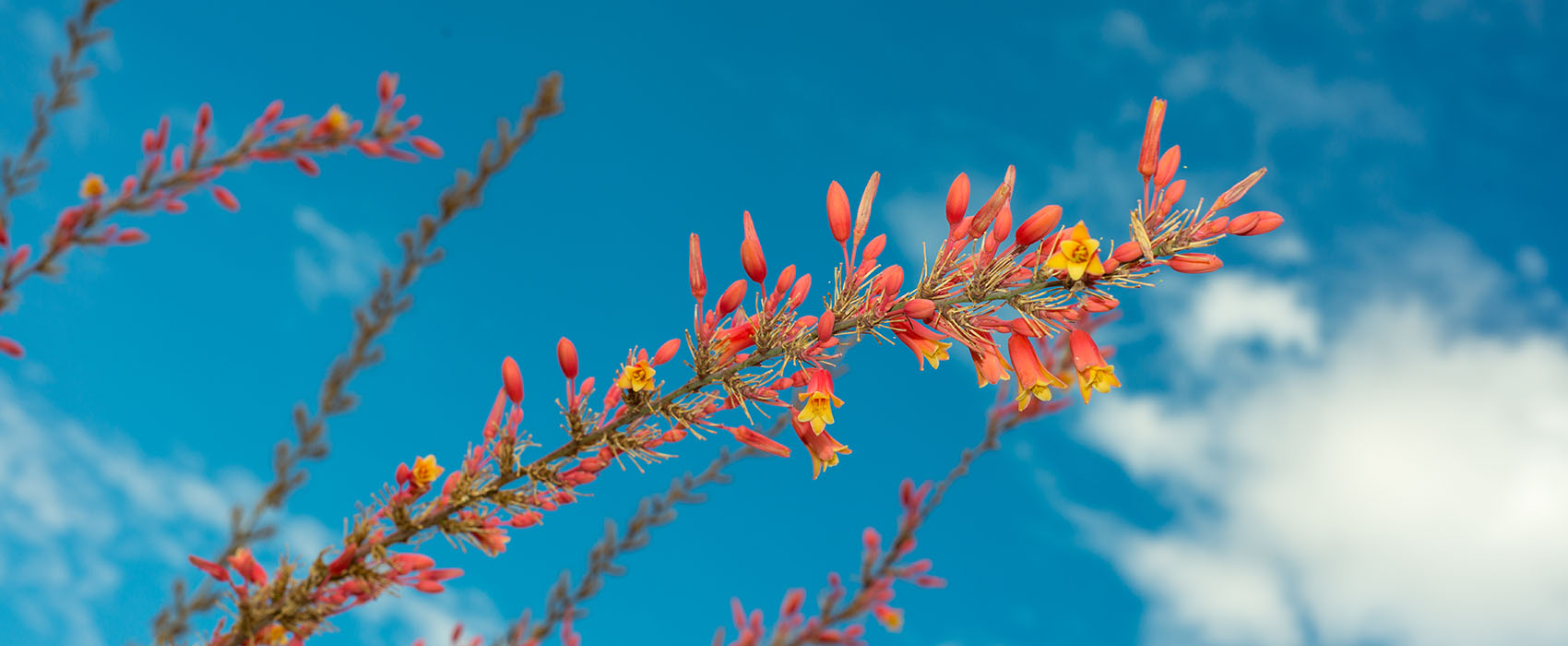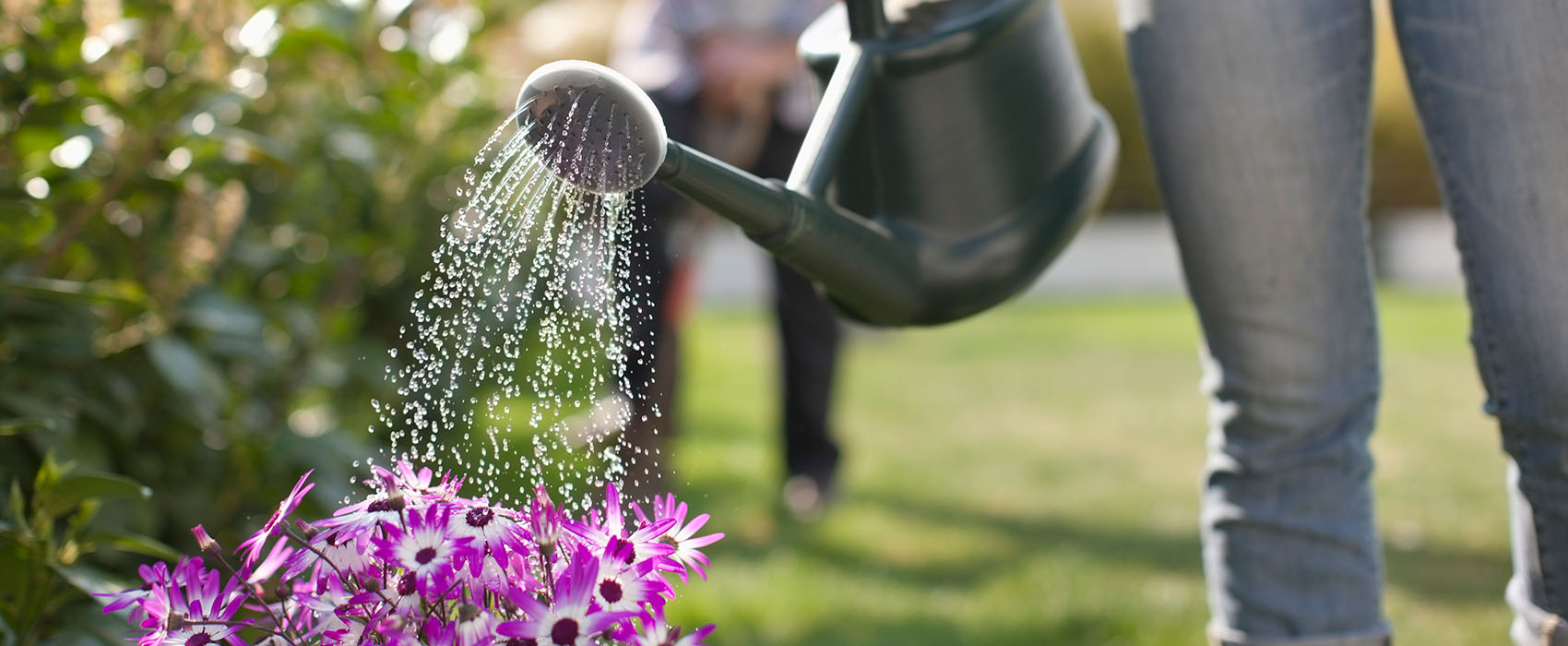Increase your property’s wildfire resiliency with smart landscaping choices
3/4/2024In 2023, BC experienced the worst wildfire season in recorded history. Now it’s more important than ever to do what you can to protect your property.
Climate change is accelerating both the frequency and severity of wildfires, but the good news is there are several simple things you can do to provide some protection to your property including making strategic choices for your yard by choosing fire-resistant plants and vegetation.
Since 2021, BCAA has partnered with FireSmart BC™ to educate British Columbians on how to best prepare for wildfires. Now we’re investing $750,000 into wildfire preparedness and prevention with FireSmart BC, creating the BCAA FireSmart Initiative to help more people and communities all over the province become more resilient to wildfires.
Fire-resistant plants
Some plants and trees have characteristics that mean they’re less likely to catch fire and can even slow down or redirect the spread of fire. When they’re placed strategically, they can create a space of defense around your home, limiting the chance of fire spreading and causing damage. Some of these fire-resistant plants and trees include:
Succulents
Their leaves are thick and fleshy, and contain a large proportion of water, fending off fire and preventing it from spreading. Examples of succulents include agave, aloe and sedum.
California lilac
The dense foliage and high-moisture content of its leaves makes this shrub perfect as a firebreak, and effective in stopping the spread of wildfires.
Manzanita
These evergreen shrubs have smooth, peeling bark and minimal deadwood so it’s more resistant to fire.

Pictured above: Manzanita shrub
Buckwheat
Perfect for reducing the spread of ground fire because of its low growing and small, leathery, moisture-retaining leaves.
Red yucca
This succulent has long, narrow leaves and tall flower spikes. Though it’s a taller plant, the high-moisture content in its leaves means it’s useful in preventing the spread of fire to taller vegetation.
Quaking aspen
These trees drop their leaves in the fall, meaning less fuel for wildfires in the summertime. The quaking aspen’s white bark reflects heat, and the trees can interrupt the path of fire.
Blue grama grass
This drought-tolerant, warm-season grass has fine leaves, and is extremely effective against the spread of wildfires because it has minimal dead vegetation, and the fact it grows so close to the ground.

Pictured above: Red yucca
Of course, the plants and trees listed here are only suggestions. You can check out a wide range of plants to choose, and ones to avoid, by using FireSmart’s hardiness zone tool.
Top tip: Look out for the FireSmart BC plant tag in participating garden centres and nurseries in BC (as shown in the header image at the top of this blog). This tag identifies which plants are more fire-resistant to help take the guesswork out for you. You can find your local Plant Program partner here.
Learn what not to plant
It’s important to know that coniferous trees with cones and needles are extremely flammable and should never be planted within 10 metres of your home. Examples include spruce, pine, fir and cedar.
Top tip: You can head to FireSmart BC's website to discover more about the ignition zones around your home, and how to minimize damage by wildfires.
Easy landscaping practices to FireSmart your property
Keeping your lawn mown to a short length means it’s more likely to stay healthy and less likely to turn dry.
Make sure you water, prune and tend to your plants regularly and as required – remove all dead materials, like branches and twigs, immediately, as they act as fuel for fires.
Space out your trees to slow the spread of fire between them.
Replace areas of lawn that are difficult to mow with other vegetation that’s easier to tend to.
For more great information and advice on how best to landscape your yard to avoid damage by wildfires, check out FireSmart’s guide here.

Take steps to prevent the spread
It’s important to have a plan in place so you know how to prevent the worst from happening.
- We’ve put together our top tips and suggestions to protect your property here.
- Be sure to keep up to date with the latest news on wildfires across the province by checking out the Government of BC’s website.
- Learn more about FireSmart BC and the great work they do to prepare British Columbians against wildfires.
- Find out more about BCAA’s partnership with FireSmart BC, including how to complete a FREE home assessment and save on BCAA Home Insurance through FireSmart BC's Wildfire Mitigation Program.







